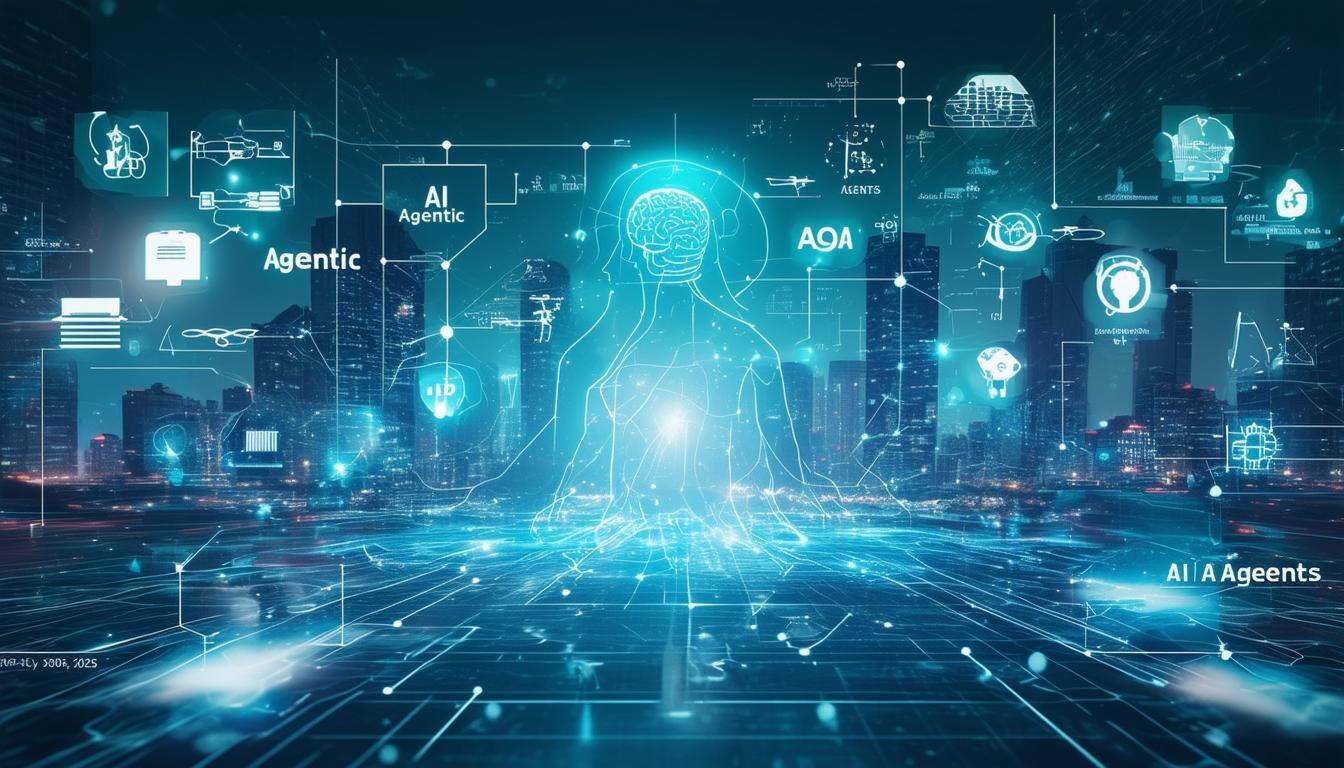
Introduction
Artificial Intelligence (AI) is reshaping our world, offering vast opportunities to drive scientific innovation, optimize industries, and improve public health. However, the rapid and often opaque evolution of AI also presents significant risks, including biases, disinformation, and potential misuse in military and surveillance contexts. Addressing these challenges necessitates robust global governance. This article highlights key insights from the “Governing AI for Humanity” report by the High-level Advisory Body on Artificial Intelligence, formed under the United Nations (UN) to guide international AI governance.
The Need for Global AI Governance
AI’s influence extends beyond borders, and its global nature calls for a comprehensive, coordinated approach to governance. Current AI governance frameworks are fragmented, with significant gaps in representation, coordination, and implementation. Many countries, particularly in the Global South, remain excluded from key international AI initiatives, leading to a concentration of decision-making power in a few hands. To ensure equitable distribution of AI’s benefits, global cooperation is essential.
Global Governance Gaps
The report identifies three major gaps:
- Representation Gaps: Many nations, particularly from developing regions, are not part of international AI governance discussions, resulting in a lack of diverse perspectives.
- Coordination Gaps: Disjointed efforts across various international bodies lead to incompatible governance regimes and missed opportunities for synergy.
- Implementation Gaps: There is a disconnect between commitments and actual outcomes, especially in areas like capacity development and equitable access to AI technologies.
Enhancing Global Cooperation
To bridge these gaps, the report proposes several initiatives:
- International Scientific Panel on AI: This panel would gather scientific expertise to provide impartial insights on AI’s opportunities, risks, and uncertainties, promoting a shared global understanding.
- Policy Dialogue on AI Governance: A regular, inclusive forum for Member States and stakeholders to share best practices, align regulatory approaches, and discuss AI incidents that exceed national capacities.
- AI Standards Exchange: A platform to harmonize AI standards globally, ensuring consistent definitions and practices across borders.
- Capacity Development Network: A global network to support AI education, access to computational resources, and the development of local AI ecosystems, particularly in underserved regions.
- Global Fund for AI: Designed to address the AI divide, this fund would provide resources to countries lacking the necessary infrastructure to develop and use AI technologies effectively.
- Global AI Data Framework: Establishing principles for data governance to ensure responsible, equitable use of AI training data worldwide.
- AI Office within the UN Secretariat: A dedicated office to coordinate these efforts, acting as a unifying body to support the above initiatives and provide strategic advice to the UN Secretary-General.
A Call to Action
The Advisory Body emphasizes the urgency of establishing a coherent, inclusive governance framework that ensures AI benefits humanity as a whole. It calls for a new social contract that balances innovation with accountability, ensuring that AI serves public interests and respects human rights globally.
Conclusion
AI presents both unprecedented opportunities and profound challenges. Effective global governance is essential to harness its potential for good while safeguarding against its risks. The recommendations of the High-level Advisory Body offer a pathway toward a more inclusive, cooperative, and sustainable AI future.
This article is based on the “Governing AI for Humanity” report by the High-level Advisory Body on Artificial Intelligence, September 2024. For more details, refer to the original report available at UN AI Advisory Body.



